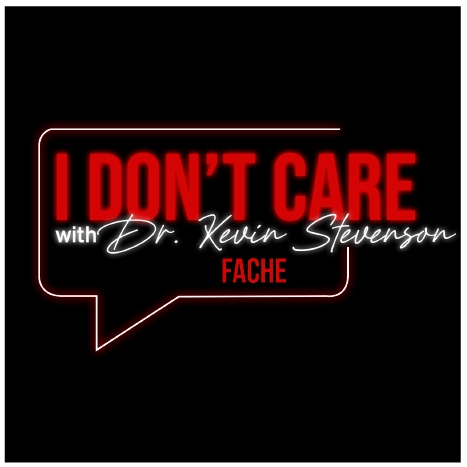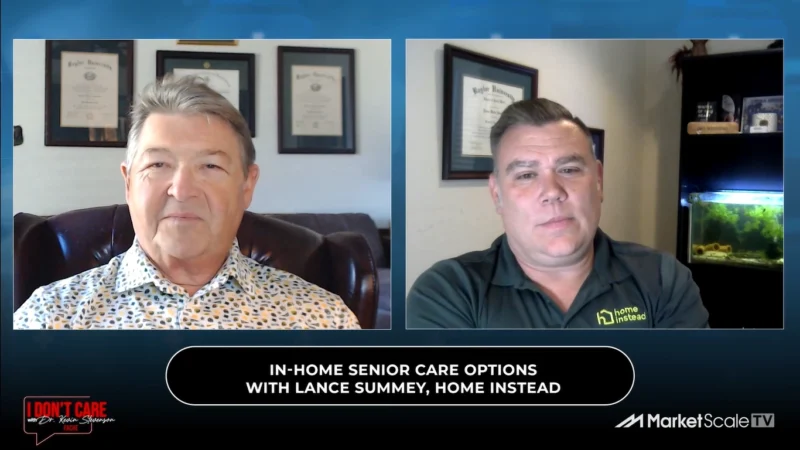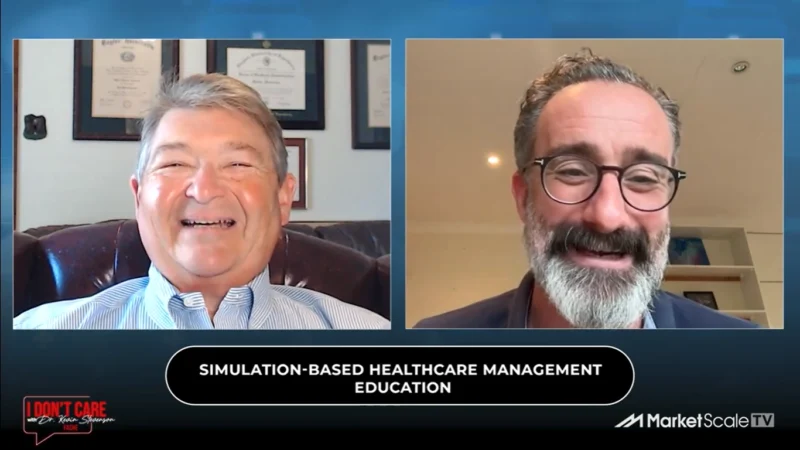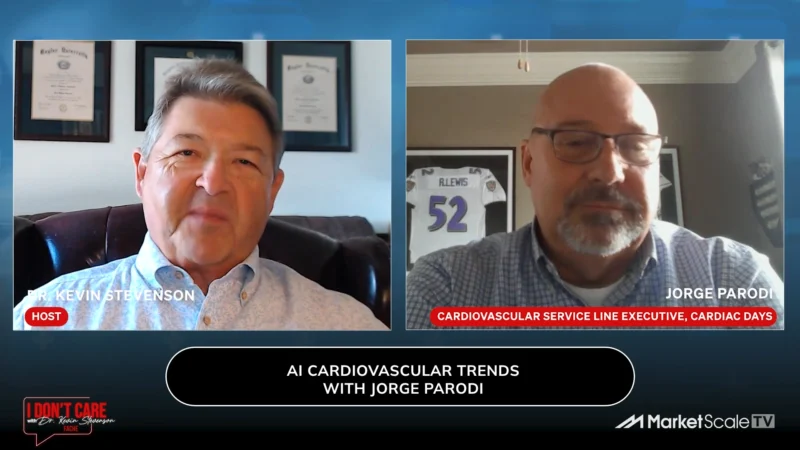Improving Employee Engagement Through CAREmunication — A Conversation with Burl Stamp
With the healthcare landscape seeing many evolving changes, employee engagement is no longer just a buzzword — it’s now a business imperative. Amid rising turnover and persistent staffing shortages, organizations are under pressure to build resilient, engaged teams. According to Gallup, 70% of the variance in team engagement is tied to one factor: the team’s manager. As post-pandemic workforce challenges persist, this stat underscores the critical, yet often overlooked, role of middle management.
So, how can healthcare leaders harness the influence of middle managers to build a stronger, more engaged workforce?
That’s the question at the heart of the latest episode of I Don’t Care, hosted by Dr. Kevin Stevenson. Joining him is Burl Stamp, President and Founder of Stamp & Chase, a consultancy focused on transforming workplace culture in healthcare. Drawing from his background as a former CEO of a hospital, Stamp shares insights into what truly drives engagement and why the real solution lies in supporting those caught between the C-suite and the frontlines.
The key topics of conversation are…
- Burl believes that middle managers are more burned out than frontline workers, yet they hold the key to stabilizing teams and reducing turnover.
- From patient experience to staff satisfaction, communication remains the single most impactful skill in healthcare settings, and middle managers have to lead the charge.
- Burl addresses how generational changes and post-COVID values are reshaping expectations, making it vital to rethink management development and engagement strategies.
Burl Stamp is the President and Founder of Stamp & Chase, a firm that helps healthcare organizations improve patient and employee experiences through leadership development and communication training. Prior to founding the company in 2003, he served as the CEO of Phoenix Children’s Hospital and held leadership roles within BJC HealthCare in St. Louis. Today, his work centers on helping healthcare organizations navigate workforce instability by empowering middle management, a focus born from both personal experience and industry need.
Article written by MarketScale.




